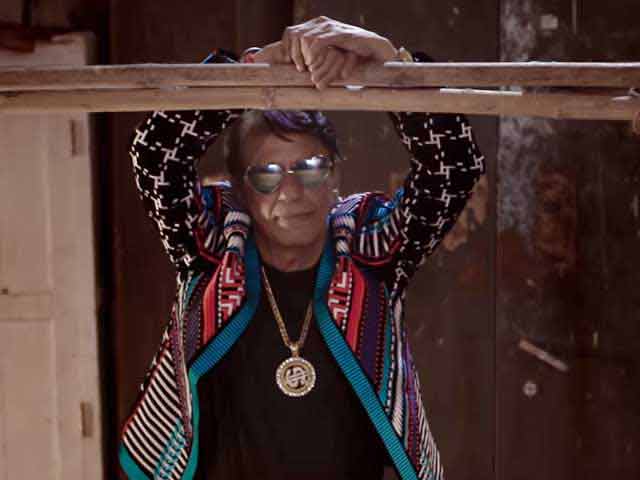On Thursday, the Supreme Court of India declared the Right to Privacy to be a Fundamental Right with reasonable restriction. What does it mean? How does it affect you? Read all about it here.
What is a Fundamental Right?
Our Constitution guarantees right to all citizens in two forms- Some rights are ensured as a means of privilege. For example, the right to vote is not a Fundamental Right. You need to be 18, and you need to register yourself with your local municipality. This mean the right to vote, the right to drive a car, and such other rights are common law rights.
While some basic natural rights are guaranteed by virtue of you being an Indian citizen. These are Fundamental Rights.
What are the Fundamental Rights in India?
The Right to Equality, the Right to Free Speech and Expression, The Right to Religion are some of the Fundamental Rights. They are guaranteed to you by the Supreme Court.
What does it mean when Right to Privacy becomes a Fundamental Right?
It means now the government will have to pass a law to ensure your privacy. If someone violates your right, you can directly approach the Supreme Court to uphold your right. The biggest advantage is that it includes the privacy of information.
Does it mean that you can do anything you want?
NO. Like all rights, this one is not absolute or complete. It will have to stand up to the standards of “fair, just and reasonable”.
What does it mean for your right on the internet?
It means that data companies will not be able to collect user information without their knowledge.
It means that the government will pass a data protection law to ensure this.
It means you can watch adult sights at home. BUT it also allows your office to block such sites at work. Because you cannot enjoy personal whimsies at public places.
What does it mean for your love life?
It means right to sexual orientation is a personal choice. This means the government may have to decriminalise homosexuality. It also means more equality for the LGBTQI community.
It means you can love anyone within the sphere of your personal life.
BUT, it does not mean open PDA is allowed in a park. Because that is still against the civic law of public decency.
What does it mean for your lifestyle choices?
It means the right to choose one’s food habits. It indirectly approves Bombay High Court’s striking down beef ban in Maharashtra.
It means women have more autonomy over their bodies, and might decriminalise abortion.
BUT, you cannot smoke at an airport or petrol pump for security and safety reasons.
Why did the Supreme Court say this?
Petition were filed in 2015 against the collection of private information by government for Aadhaar cards, and system in place for data security. The 9 judge bench led by SC Chief Justice of India J. S. Khehar declared it to be a Fundamental Right under the Right to Personal Liberty.
So, is Aadhaar not important now?
Unfortunately the judgement does not say anything clearly about this larger issue. But it is a definite blow to the government who will now have to convince people that collecting information is not against their right to privacy.
So, while it is too early to know all the implications and how the story will ultimately pan out, it is a sure sign that the Supreme Court has taken an apt decision in keeping with the modern times.
It also means that, while you have more rights to your personal choices, it does not mean they are absolute. The government will step in when it harms somebody else, someone’s feeling and sentiments, or when it comes to matter off security and safety.
You are now ready to win an argument at the watercooler.













